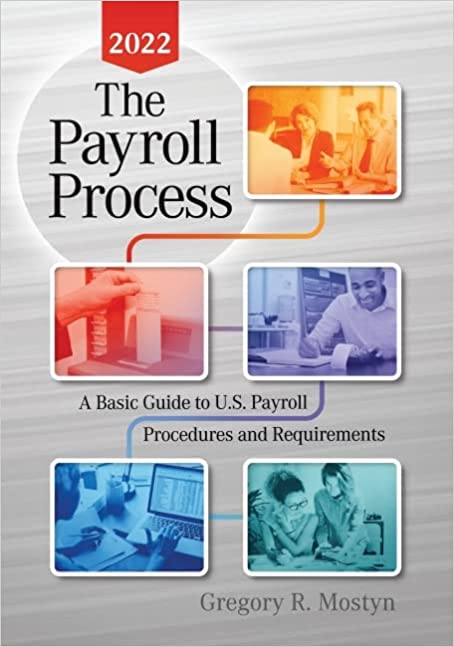Introduction
Managing payroll for employees across multiple states can be a daunting task for any business. With different state tax laws, labor regulations, and compliance requirements, payroll processing becomes more complex. However, online payroll services simplify this process by automating tasks, ensuring compliance with varying tax laws and regulations, and streamlining payroll across state lines. These services not only help businesses avoid costly penalties but also save time by eliminating the need for manual data entry and paperwork.
Managing State-Specific Taxes
One of the biggest challenges for businesses operating in multiple states is managing state-specific taxes. Each state has its own tax regulations, ranging from income tax withholding to unemployment taxes. Online payroll services excel at automatically calculating these taxes based on each employee’s work location, ensuring accurate deductions for state taxes, city taxes, and even local taxes where applicable.
In addition to tax calculation, these services also handle tax filings on behalf of the employer, reducing the risk of missed deadlines or incorrect filings. By automatically updating tax tables as state laws change, online payroll platforms ensure that your company remains compliant with the latest tax regulations.
Handling Varying Labor Laws
Labor laws can vary significantly from one state to another, and businesses must stay updated to avoid penalties. This includes understanding different minimum wage requirements, overtime rules, paid time off policies, and other labor standards that impact payroll. Online payroll services are designed to manage these variations by integrating state-specific labor laws into their payroll calculations.
For example, if your business operates in a state with different overtime rules than the federal standard, an online payroll service will account for these rules when processing payroll. This ensures that employees are paid correctly and that your business stays in compliance with labor laws across multiple states.
Streamlining Reporting and Compliance
Multi-state payroll requires more than just processing paychecks. Businesses must also submit accurate reports to various state agencies to remain compliant. Online payroll services simplify this process by generating state-specific reports, ensuring that all necessary information is included for each jurisdiction.
These services help businesses avoid compliance issues by automatically submitting required documents, such as quarterly wage reports and unemployment tax filings. By keeping track of due dates and generating accurate reports, online payroll platforms help businesses avoid costly penalties for late or inaccurate submissions.
Handling Employee Benefits and Deductions Across States
Employee benefits, such as health insurance, retirement plans, and workers’ compensation, can differ depending on the state where the employee works. Online payroll services make managing these benefits easier by automatically calculating deductions for state-mandated benefits and adjusting contributions as needed.
In states where certain benefits are mandatory, such as disability insurance or family leave programs, online payroll platforms ensure that the appropriate amounts are deducted from employees’ paychecks. This not only simplifies payroll management but also ensures compliance with state-specific benefit laws.
Ensuring Data Security and Confidentiality
When handling payroll data across multiple states, security is a top priority. Online payroll services offer advanced encryption methods and secure storage solutions to protect sensitive employee information. These platforms are equipped with features like multi-factor authentication and regular system audits to ensure that payroll data remains secure and confidential.
Additionally, cloud-based payroll systems allow businesses to access payroll information from anywhere, making it easier to manage payroll for employees in different states without sacrificing data security. By using a trusted online payroll service, businesses can reduce the risk of data breaches and ensure that their employees’ personal and financial information is well-protected.
Conclusion
For businesses with employees in multiple states, managing payroll can be a complex and time-consuming process. However, online payroll services provide a comprehensive solution by automating tax calculations, ensuring compliance with state labor laws, generating necessary reports, and handling state-specific benefits. These services not only simplify payroll processing but also help businesses avoid costly penalties for non-compliance. By leveraging online payroll services, businesses can focus on growth and productivity, knowing that their multi-state payroll is being managed efficiently and accurately.


